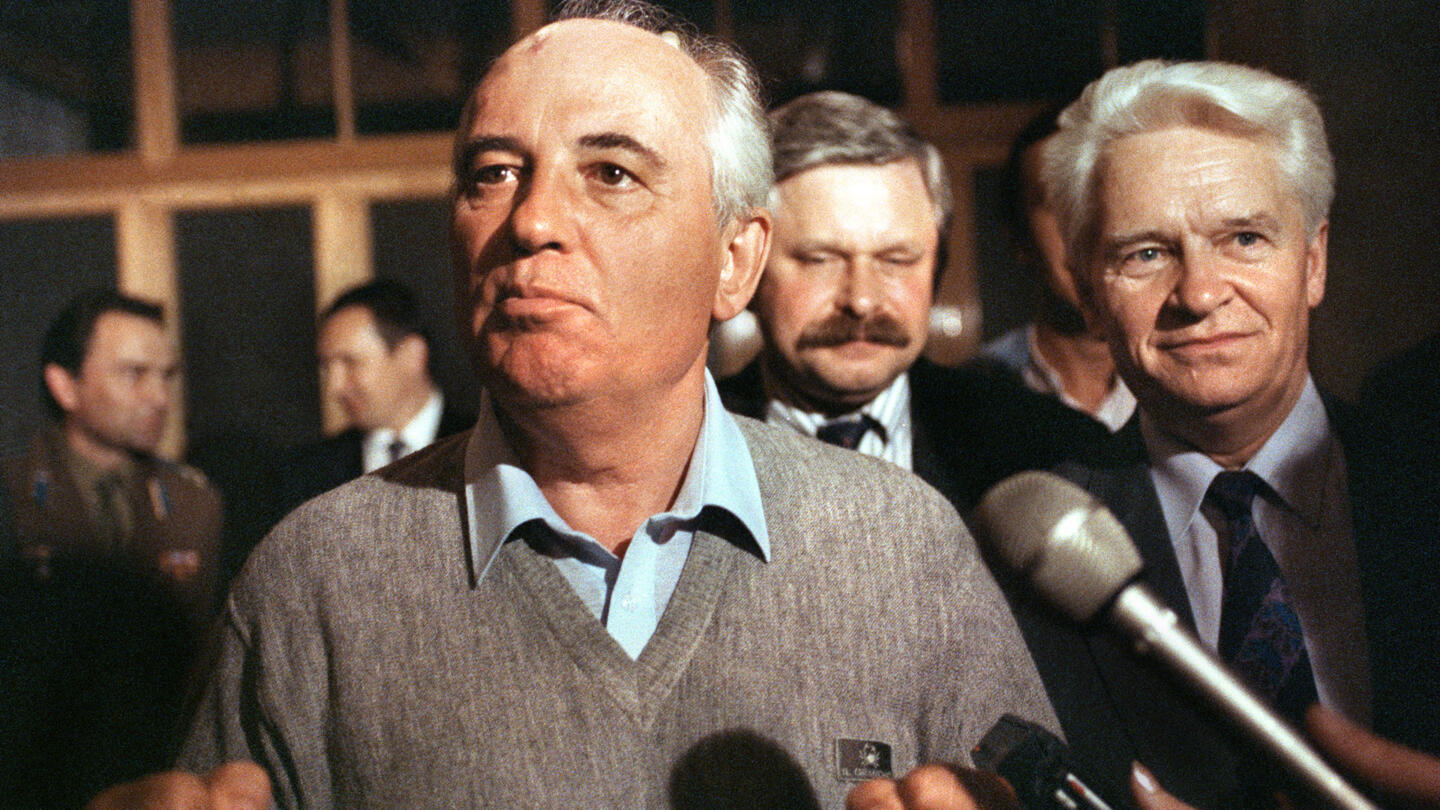
Soviet hard-liners launch coup against Gorbachev
On August 18, 1991, Soviet President Mikhail Gorbachev is placed under house arrest during a coup by high-ranking members of his own government, military and police forces.
Since becoming secretary of the Communist Party in 1985 and president of the Union of Soviet Socialist Republics (USSR) in 1988, Gorbachev had pursued comprehensive reforms of the Soviet system. Combining perestroika (“restructuring”) of the economy–including a greater emphasis on free-market policies–and glasnost (“openness”) in diplomacy, he greatly improved Soviet relations with Western democracies, particularly the United States. Meanwhile, though, within the USSR, Gorbachev faced powerful critics, including conservative, hard-line politicians and military officials who thought he was driving the Soviet Union toward its downfall and making it a second-rate power. On the other side were even more radical reformers–particularly Boris Yeltsin, president of the most powerful socialist republic, Russia–who complained that Gorbachev was just not working fast enough.
The August 1991 coup was carried out by the hard-line elements within Gorbachev’s own administration, as well as the heads of the Soviet army and the KGB, or secret police. Detained at his vacation villa in the Crimea, he was placed under house arrest and pressured to give his resignation, which he refused to do. Claiming Gorbachev was ill, the coup leaders, headed by former vice president Gennady Yanayev, declared a state of emergency and attempted to take control of the government.
Yeltsin and his backers from the Russian parliament then stepped in, calling on the Russian people to strike and protest the coup. When soldiers tried to arrest Yeltsin, they found the way to the parliamentary building blocked by armed and unarmed civilians. Yeltsin himself climbed aboard a tank and spoke through a megaphone, urging the troops not to turn against the people and condemning the coup as a “new reign of terror.” The soldiers backed off, some of them choosing to join the resistance. After thousands took the streets to demonstrate, the coup collapsed after only three days.
Gorbachev was released and flown to Moscow, but his regime had been dealt a deadly blow. Over the next few months, he dissolved the Communist Party, granted independence to the Baltic states, and proposed a looser, more economics-based federation among the remaining republics. In December 1991, Gorbachev resigned. Yeltsin capitalized on his defeat of the coup, emerging from the rubble of the former Soviet Union as the most powerful figure in Moscow and the leader of the newly formed Commonwealth of Independent States (CIS).
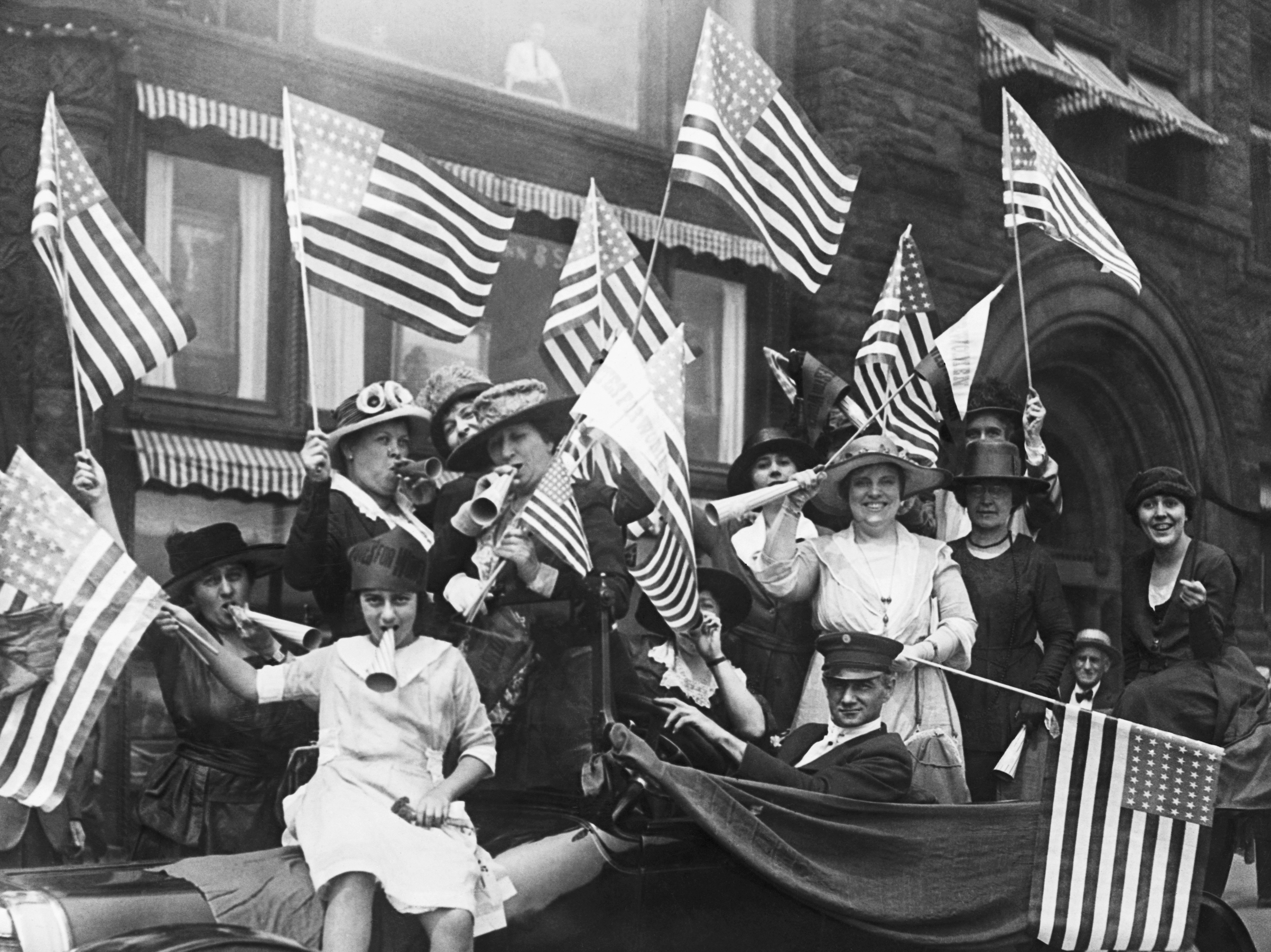
WOMEN’S HISTORY
1920
19th Amendment ratified thanks to one vote
A dramatic battle in the Tennessee House of Representatives ends with the state ratifying the 19th Amendment to the United States Constitution on August 18, 1920. After decades of struggle and protest by suffragettes across the country, the decisive vote is cast by a 24-year-old representative who reputedly changed his vote after receiving a note from his mother.
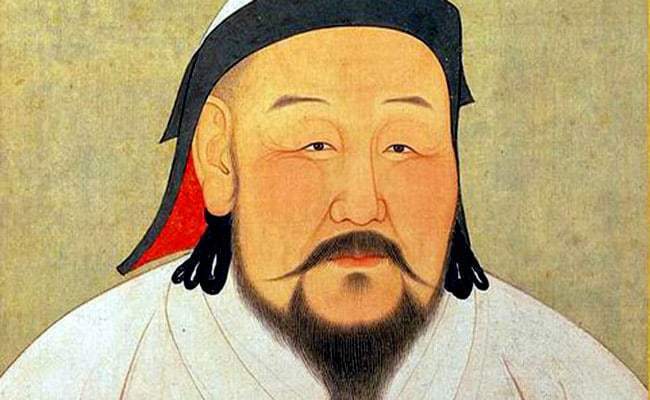
ANCIENT CHINA
1227
Genghis Khan dies
Genghis Khan, the Mongol leader who forged an empire stretching from the east coast of China west to the Aral Sea, dies in camp during a campaign against the Chinese kingdom of Xi Xia. The great Khan, who was over 60 and in failing health, may have succumbed to injuries incurred during a fall from a horse in the previous year.

COLONIAL AMERICA
1590
Roanoke Colony deserted
John White, the governor of the Roanoke Island colony in present-day North Carolina, returns from a supply-trip to England to find the settlement deserted. White and his men found no trace of the 100 or so colonists he left behind, and there was no sign of violence.

WORLD WAR II
1941
Hitler suspends euthanasia program
Adolf Hitler orders that the systematic murder of the mentally ill and handicapped be brought to an end because of protests within Germany on August 18, 1941. In 1939, Dr. Viktor Brack, head of Hitler’s Euthanasia Department, oversaw the creation of the T.4 program.

SPORTS
1992
Boston Celtics forward Larry Bird hangs it up
On August 18, 1992, celebrated Boston Celtics forward Larry Bird retires. Bird was a high school basketball star in his native Indiana. After graduation, he received a scholarship to play for legendary coach Bobby Knight at Indiana University.
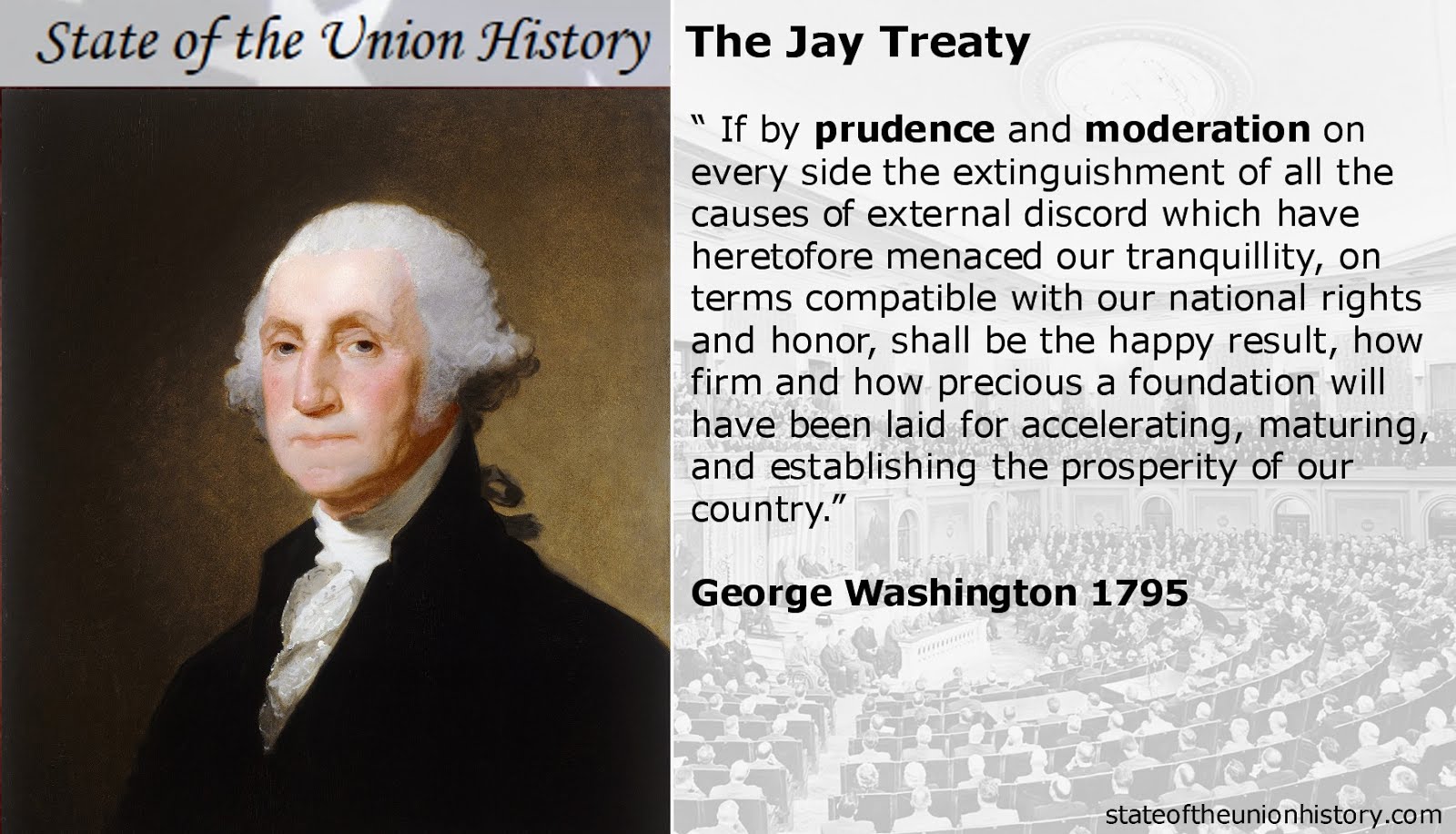
U.S. PRESIDENTS
1795
George Washington signs Jay Treaty with Britain
On August 18, 1795, President George Washington signs the Jay (or “Jay’s”) Treaty with Great Britain. This treaty, known officially as the “Treaty of Amity Commerce and Navigation, between His Britannic Majesty; and The United States of America” attempted to diffuse the tensions between England and the United States that had risen to renewed heights since the end of the Revolutionary War.
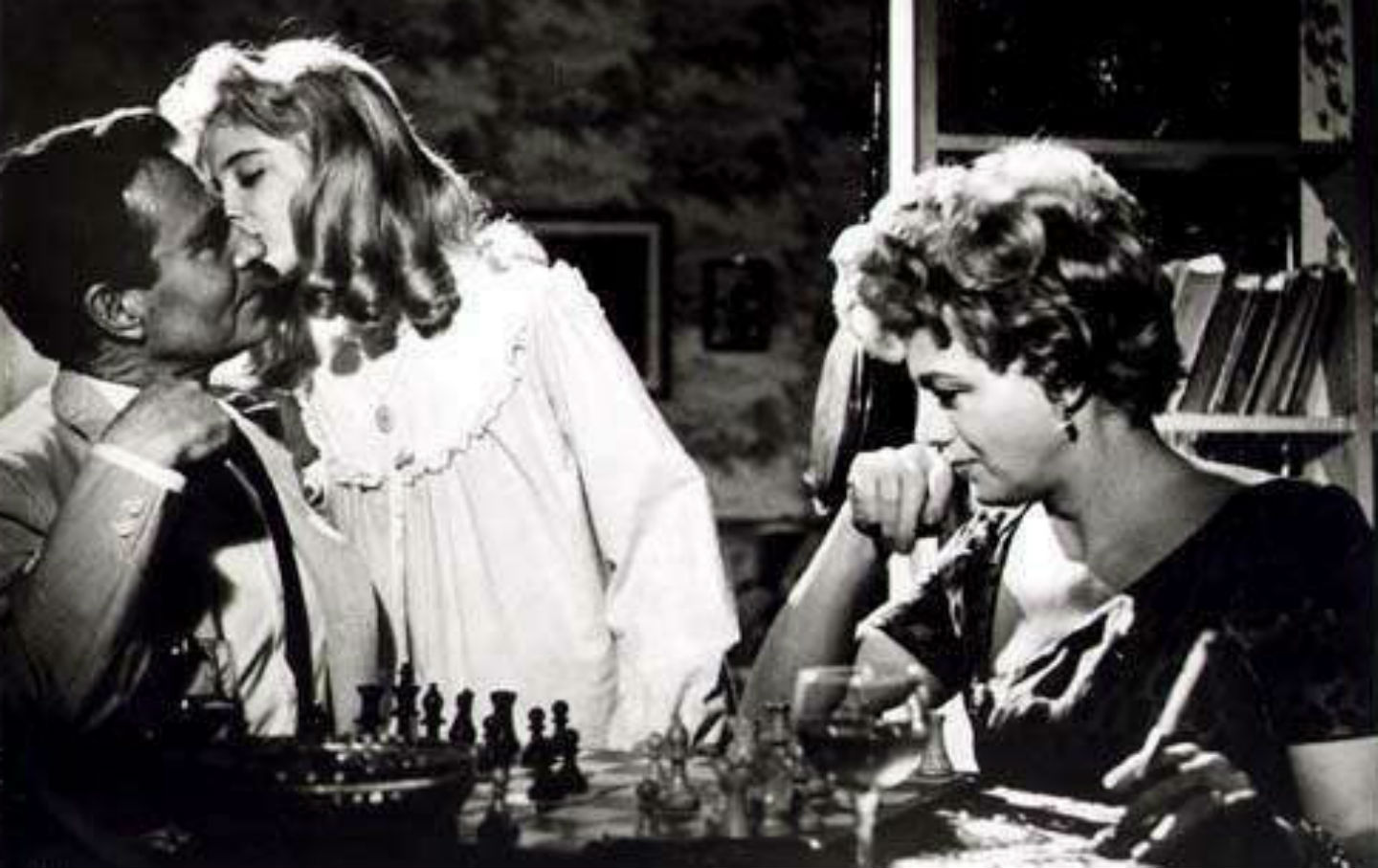
ART, LITERATURE, AND FILM HISTORY
1958
Vladimir Nabokov’s “Lolita” is published in the U.S.
Vladimir Nabokov’s controversial novel Lolita is published in the U.S. on August 18, 1958. The novel, about a man’s obsession with a 12-year-old girl, had been rejected by four publishers before G.P. Putnam’s Sons accepted it.
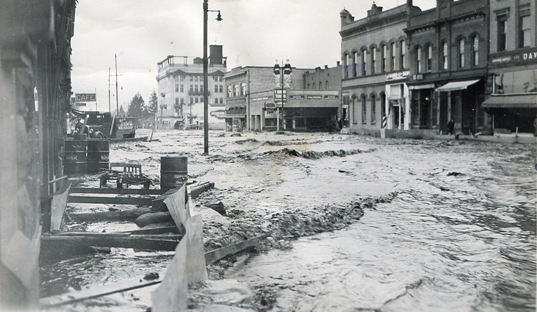
NATURAL DISASTERS & ENVIRONMENT
1931
Yangtze River peaks in China
On August 18, 1931, the Yangtze River in China peaks during a horrible flood that kills 3.7 million people directly and indirectly over the next several months. This was perhaps the worst natural disaster of the 20th century. The Yangtze River runs through southern China.

CRIME
1988
A Seattle judge involved in a sex scandal dies by suicide
The Honorable Gary M. Little shoots himself just hours before the Seattle Post-Intelligencer releases an article accusing him of abusing his power by sexually exploiting juvenile defendants who appeared before him.
Comments
Post a Comment